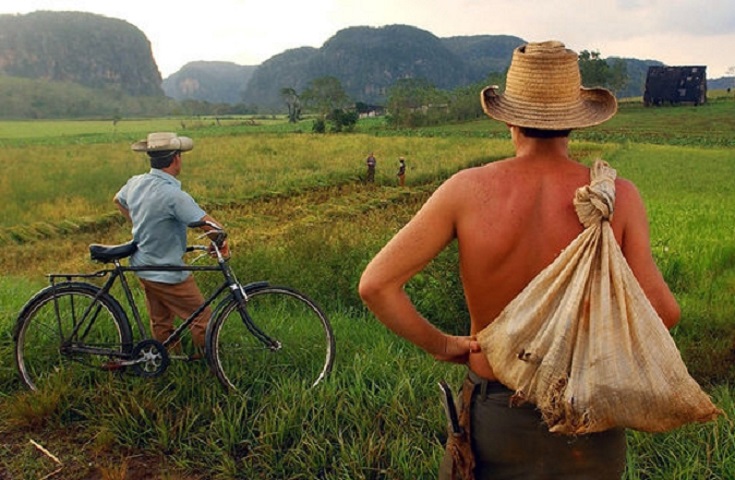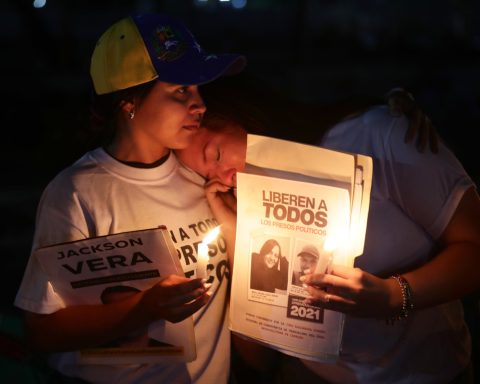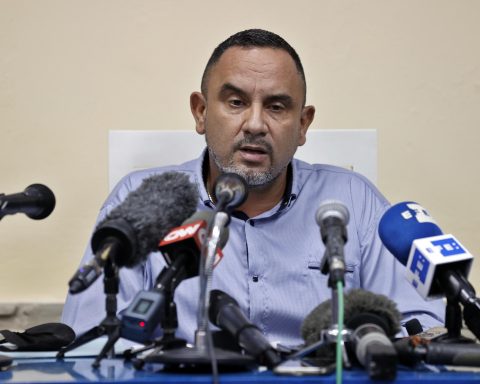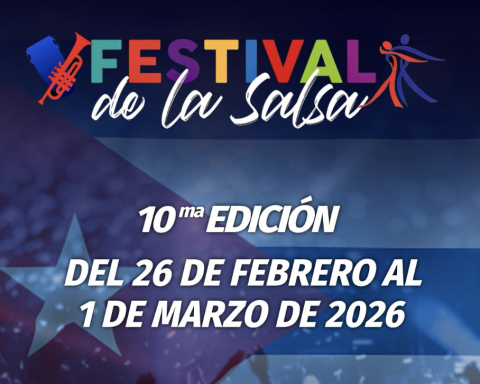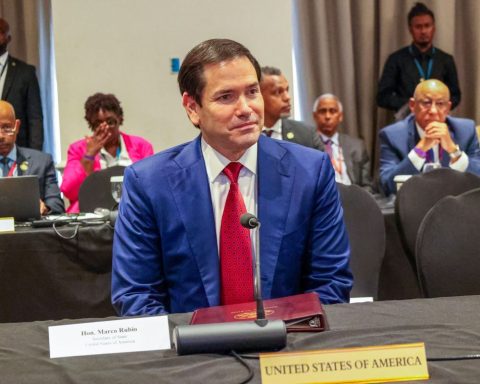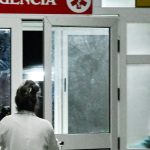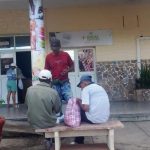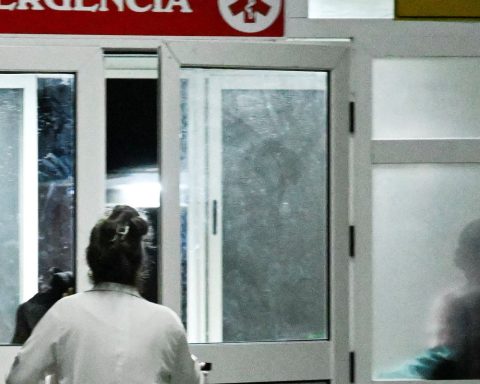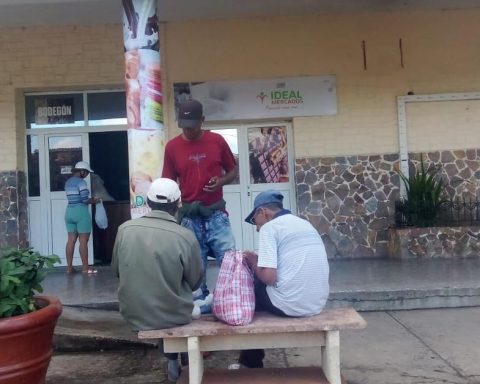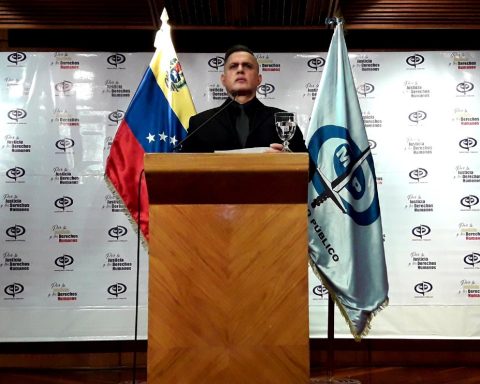LAS TUNAS, Cuba. — Every May 17, the National Association of Small Farmers (ANAP) “celebrates” the Farmer’s Day. The date was chosen for the promulgation of the Agrarian Reform Law on May 17, 1959. I put the word “celebrate” in quotation marks because in reality the Cuban peasants do not have harvests to celebrate this May 17. Cuba has not been self-sufficient in agricultural products for many years.
For 60 years, when through Law No. 1015 of March 12, 1962, the ration card was decreed, euphemistically called “supply book”Neither in the butcher shops nor in the stores with national currency do we have beef, pork or chicken; we don’t have eggs or milk or cheese; These products are rationed by “the booklet” or deficit and extremely expensive in dollars or Cuban pesos for a simple reason: the Cuban farmer does not produce them or produces them for the state monopoly.
The products that the peasants can extract with great difficulty from the state stockpile, whether it be milk or coffee, rice or beans, must necessarily be sold at a higher price, inaccessible to the average wage for themselves and their families to subsist, without accumulating wealth, but nor expose themselves to being branded as “counterrevolutionaries” or “hoarders”, in a country where economic success is almost a crime, and this is stated in the founding document of the ANAP and other contemporary resolutions with that official organization.
The ANAP was created by Resolution No. 247 of January 22, 1961 of the National Institute of Agrarian Reform (INRA), chaired by then Prime Minister Fidel Castro, which thus dissolved the Association of Colonists of Cuba, which was the union of cane growers, fundamental support of the sugar industry. And do not forget that today Cuba does not produce sugar either, despite the fact that it became the largest producer of cane sugar in the world.
The Regulations of the ANAP, promulgated by Resolution No. 269 of the INRA of June 1, 1961 and also signed by Fidel Castro, in article 4 subparagraph e) stated that, among other purposes, the ANAP should “cooperate with the government revolutionary in carrying out all the works of economic and social development of the countryside and the nation. But today we see the lands previously cultivated and in production covered not by forests, but by marabou, which are unproductive and impenetrable thorny thickets. And it goes without saying that today the Cuban countryside is depopulated and abandoned as never before in the history of Cuba.
Article 6 of the aforementioned regulations stated that “the member of the Association who commits acts against the interests and purposes of the organization or counterrevolutionary acts may be separated or expelled by agreement of the organization, depending on the specific charges that exist for the crime committed” . And it goes without saying, because we have already said it before, that in what constitutes a crime against humanityhundreds of peasant families considered “counterrevolutionary” were “transferred” from their provinces to others, this being one of the reasons why today they are army recruits who pick coffee in many mountainous areas of Cuba.
But if this Tuesday marks 61 years since the ANAP, in that context, and to manage the rural owners who were not expropriated by the agrarian reform laws of 1959 and 1963, with transcendence to the agricultural economy and who acted as brakes that As of today, the following legal instruments, among many others of a general nature, entered into force:
- Law No. 1018 of March 20, 1962, which penalized individuals who slaughtered cattle.
- Law No. 1035 of June 22, 1962, which punished the so-called “hoarders of agricultural products” with up to 180 days in prison.
- Law No. 891 of October 13, 1960, which expropriated the banks, including BANFAI (for agricultural and industrial development), subjecting the agricultural producer to the credit monopoly of the State.
- Law 1090 of February 1, 1963, which extrajudicially authorized State administration agencies to carry out forced expropriations for “public utility.”
These are just a few examples, but they are enough to show how, with such ties, neither the rural class nor any other, in any country, can produce crops or maintain the much hyped “food sovereignty”.
The Cuban farmer can, if not self-sufficient for the nation, produce the greatest amount of food that the nutritional needs of the people demand, according to their habits and national folklore. But the Cuban farmer does not need a Communist Party commissioner supervising his cattle and his crops, nor a policeman or a judge telling him what is lawful, which is to cultivate the land and trade his products as his elders did. For there to be harvests to celebrate, rural women and men do not need “flexibility measures”, but rather freedom.
OPINION ARTICLE
The opinions expressed in this article are the sole responsibility of the issuer and do not necessarily represent the opinion of CubaNet.
Receive information from CubaNet on your cell phone through WhatsApp. Send us a message with the word “CUBA” on the phone +1 (786) 316-2072, You can also subscribe to our electronic newsletter by giving click here.
